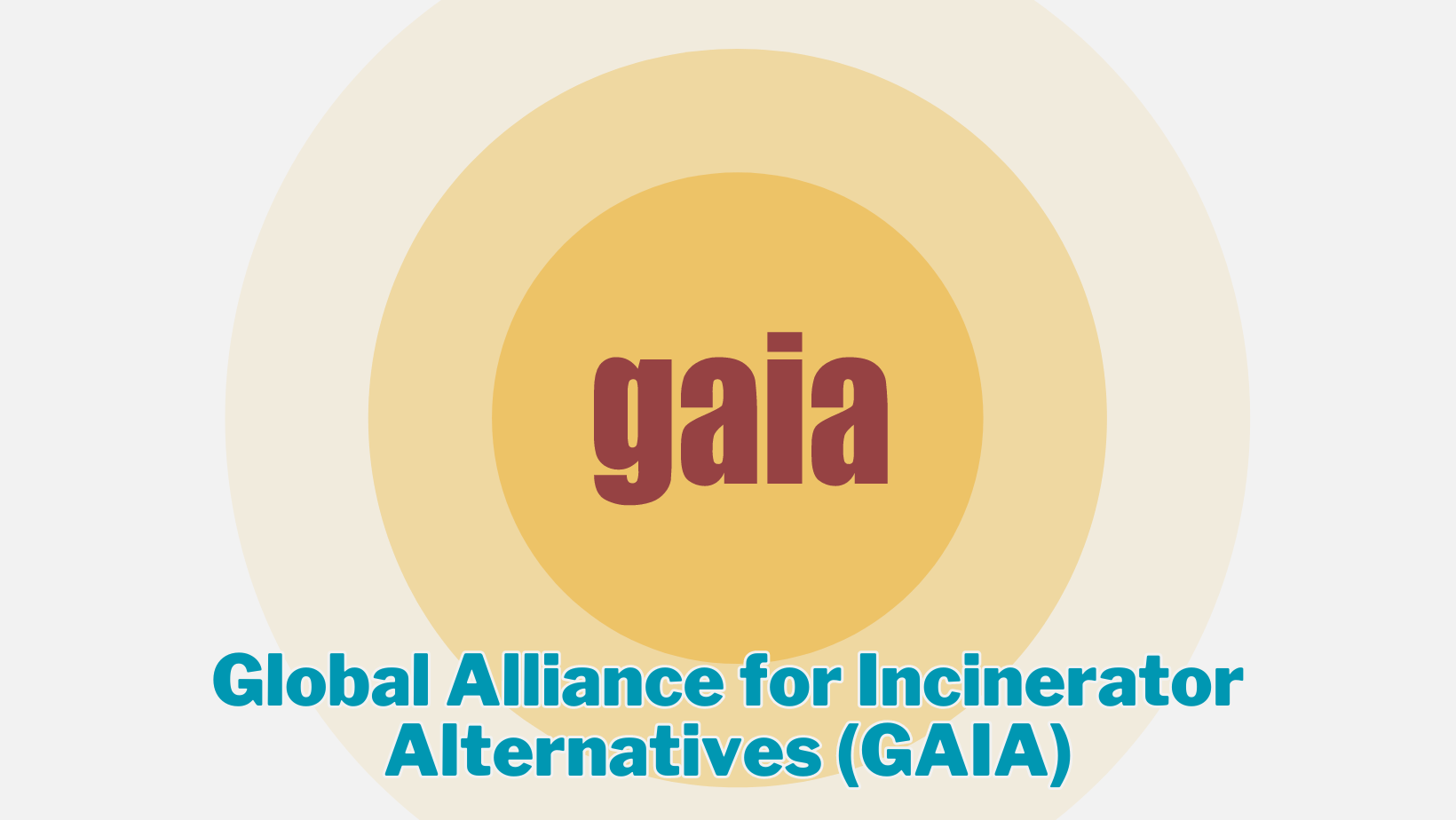Global Alliance for Incinerator Alternatives (GAIA)

- 19 Apr 2024
Why is it in the News?
The Global Alliance for Incinerator Alternatives (GAIA) Asia Pacific, in collaboration with other environmental organizations, has called on the Association of Southeast Asian Nations (ASEAN) to take decisive action in response to plastic pollution.
About Global Alliance for Incinerator Alternatives (GAIA):
- The Global Alliance for Incinerator Alternatives (GAIA) is an alliance of over 1,000 grassroots groups, NGOs, and individuals working towards a transition from a linear, extractive economy to a circular system.
- GAIA's primary objective is to create a world that prioritizes people's right to a safe and healthy environment, free from toxic pollution and resource depletion.
- GAIA envisions a just, zero-waste world where communities' rights are respected, and ecological limits are acknowledged. To achieve this vision, the alliance focuses on:
- Eliminating Incineration: GAIA advocates for alternatives to incineration and promotes waste management practices that protect the environment and public health.
- Promoting Zero Waste: The alliance supports the adoption of zero-waste strategies, emphasizing waste reduction, reuse, and recycling to conserve resources and reduce pollution.
- Addressing Plastic Pollution: GAIA recognizes the global plastic pollution crisis and works on initiatives to reduce plastic waste and promote sustainable alternatives.
- Mitigating Climate Change: GAIA advocates for climate-friendly waste management practices, emphasizing the importance of reducing greenhouse gas emissions from waste disposal.
What is Incineration?
- Incineration is a waste treatment process that involves burning hazardous materials at high temperatures to destroy contaminants.
- This process takes place in an "incinerator," a furnace specifically designed to safely burn hazardous materials within a combustion chamber.
- Various types of hazardous materials can be treated through incineration, including soil, sludge, liquids, and gases.
- While incineration effectively destroys many harmful chemicals such as solvents, polychlorinated biphenyls (PCBs), and pesticides, it does not destroy metals like lead and chromium.
- Modern incinerators are equipped with air pollution control mechanisms, such as fabric filters, scrubbers, and electrostatic precipitators.
- These technologies help remove fly ash and gaseous contaminants generated during the incineration process, mitigating its environmental impact.
- Despite its benefits in waste treatment, incineration remains a topic of debate due to concerns about residual pollutants and the potential for contributing to greenhouse gas emissions.
